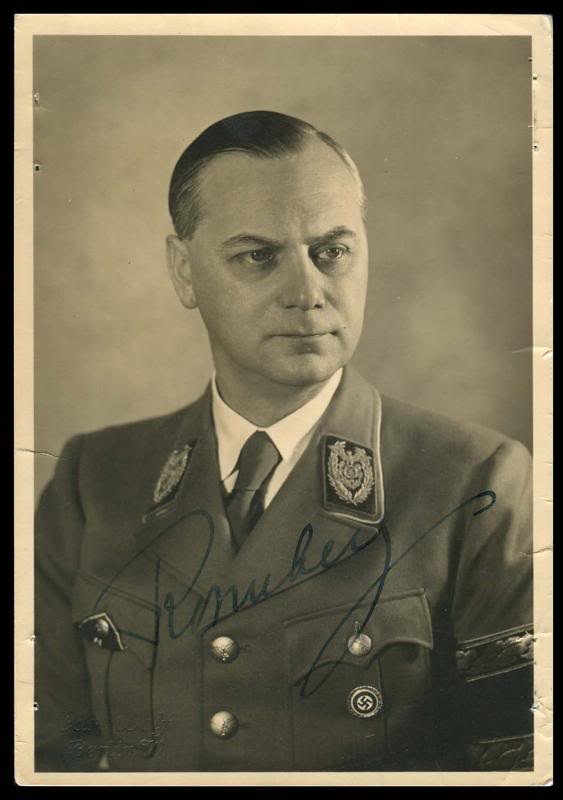by Evropa Soberana
Alfred Rosenberg (1893-1946), member of the Thule Gesellschaft, National Socialist ideologue, head of the NSDAP Foreign Affairs Service, and head of the Reich Ministry for the occupied Eastern territories, was hanged at the Nuremberg trials of 1946.
The Vatican has once again become known as the bitterest enemy of the improved reproduction of biologically valuable ones, and as the protector of the preservation and propagation of the inferior…
[It] does not represent anything other than the necessary drainage of that racially chaotic system forged by the Syrian-African-Roman dogma.[1]
Therefore, every European who would like to see his people physically and spiritually healthy, and who defends the position that idiots and incurable patients infect his nation, must allow himself to be represented, according to Roman teachings, as anti-Catholic: an enemy of Christian moral doctrine. And he must choose whether he is the antichrist, or if the founder of Christianity really could have conceived—as dogma—the unlimited reproduction of all kinds of lower types.
This is what His representative [refers to the Pope of the time, Pius XI] boldly demands. (The Myth of the Twentieth Century, Book Three, chapter 4).
 Walther Darré (1895-1953), Minister of Food, Agriculture and Supplies of the Reich, Chief of German Peasants, Director of the SS Office of Race and Resettlement, notorious Nordicist, co-founder of Ahnenerbe and promoter of the racial idea and geopolitics of Blut und Boden (blood and soil), warned about the fallacy of the so-called race of the spirit:
Walther Darré (1895-1953), Minister of Food, Agriculture and Supplies of the Reich, Chief of German Peasants, Director of the SS Office of Race and Resettlement, notorious Nordicist, co-founder of Ahnenerbe and promoter of the racial idea and geopolitics of Blut und Boden (blood and soil), warned about the fallacy of the so-called race of the spirit:
It is unforgivable to want to numb the nascent attention of the public, telling them that it is only the ‘spirit’ that counts and not the body. Where do we find the historical proof that regardless of the body of the race, the spirit can form history? (‘New Nobility of Blood and Soil’, chapter 8).
_____________
 [1] Note of the Editor: Few know the connection of Syria and Africa in the formation of Roman Catholic theology. See the chapters on ‘Persia, Armenia and Christianity’ and St. Augustine in Karlheinz Deschner’s Christianity’s Criminal History. Even Catholic historian of Christianity Paul Johnson recognises that Augustine’s theology ‘was Punic’.
[1] Note of the Editor: Few know the connection of Syria and Africa in the formation of Roman Catholic theology. See the chapters on ‘Persia, Armenia and Christianity’ and St. Augustine in Karlheinz Deschner’s Christianity’s Criminal History. Even Catholic historian of Christianity Paul Johnson recognises that Augustine’s theology ‘was Punic’.




